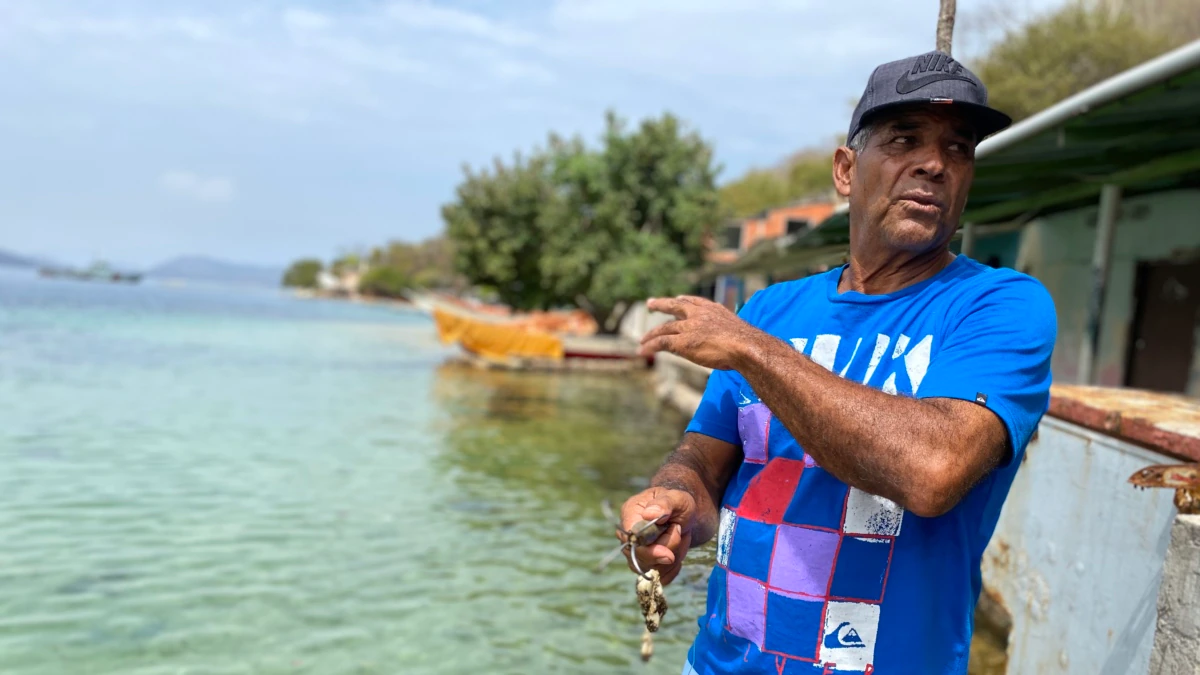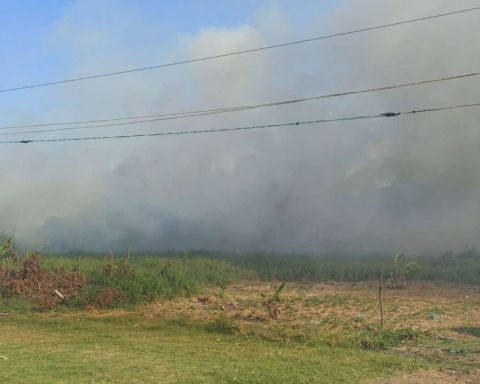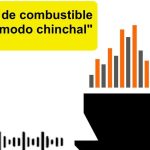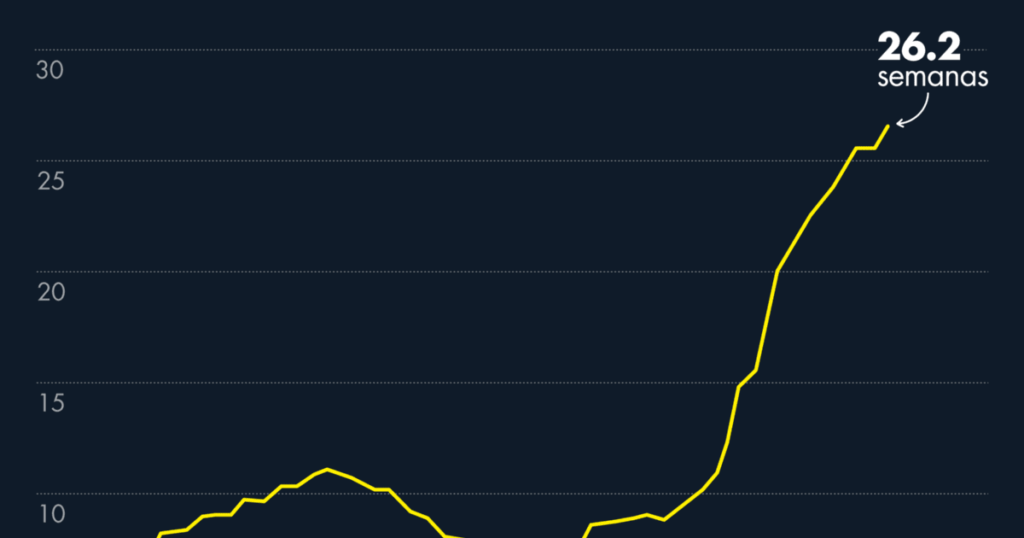Dark spots break through the crystal clear waters of the Mochima National Park, in eastern Venezuela. Just by traveling a couple of kilometers you can notice the change in colors. The turquoise spaces are gradually disappearing, the product of an animal species called unoma stolonifera.
Julio Omaña, Kayak instructor, who has been sailing in the area for years, attests to this.
“For some time now the difference has been noticeable, you no longer see that clarity that you could see before, at least the corals and that kind of thing,” says Omaña, while guiding a group of tourists on one of the beaches of the place.
“Approximately 50 to 60 percent of the coral reef in the Mochima National Park has been invaded,” warns Sybil Sant, a marine biologist and professor at the Universidad de Oriente.
Popularly and in an erroneous way, the inhabitants call these organisms xenia or confuse them with algae, but the truth is that the onemia it settles on the corals and annihilates their life forms.
“The consequence is fatal, that means that it has killed all the species that make up a coral reef. Coral reefs are the most biodiverse ecosystems in the coastal areas of the world,” the specialist tells VOA.
He does not know how he got to the Mochima Sea. He suspects that it could have been dragged by oil tankers that have crossed Indonesian waters, since the organism is native to the Indo-Pacific Ocean.
“We are trying to see, to study what kind of antidotes can be used. For that we need research projects, for that we need funding”, warns Sant.
Fishermen in the area first saw this species a decade ago, but in recent years they have noticed how it has spread voraciously.
“That harms us, because it covers the corals, the little fish that comes to lay eggs in the corals covers us,” says José Gregorio Jiménez, a fisherman who has worked for 34 years on the island of Arapo, in Mochima.
Jiménez casts his hook to show what the species looks like: gelatinous, similar to an algae, with a white body and dark brown tints. For Jiménez, the advance of unomia has had economic consequences.
“Here the production of Catalanas was quite a lot, there are few that are obtained… The cataco, the parguito, have been moving away, because they have no shelter to stay in,” laments Jiménez, whose income depends on the sales of these varieties of fish.
Sant supports Jiménez’s version and details that when the coral is affected, “all the species that depend on it for protection, for food and for reproduction decline.”
For now, the fear of the specialists is that the unoma will reach further and affect the reefs of other national parks. They even warn that extracting without previous studies can be worse, because by breaking its body, it can cause its reproduction to multiply.
Connect with the Voice of America! Subscribe to our channel Youtube and turn on notifications, or follow us on social media: Facebook, Twitter and Instagram.

















